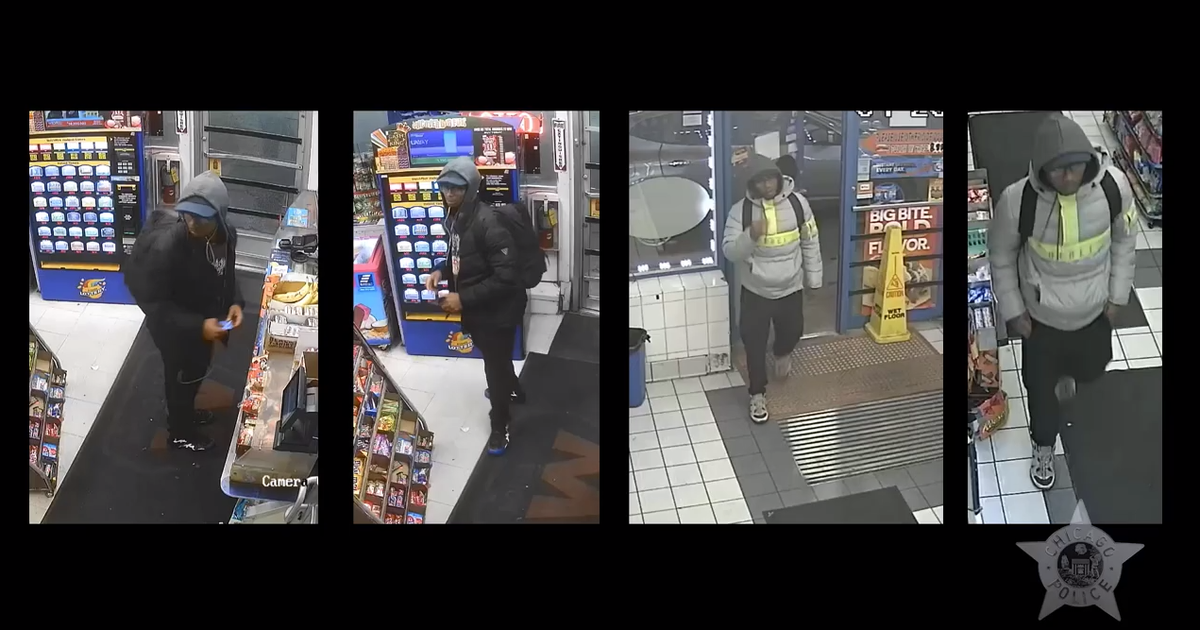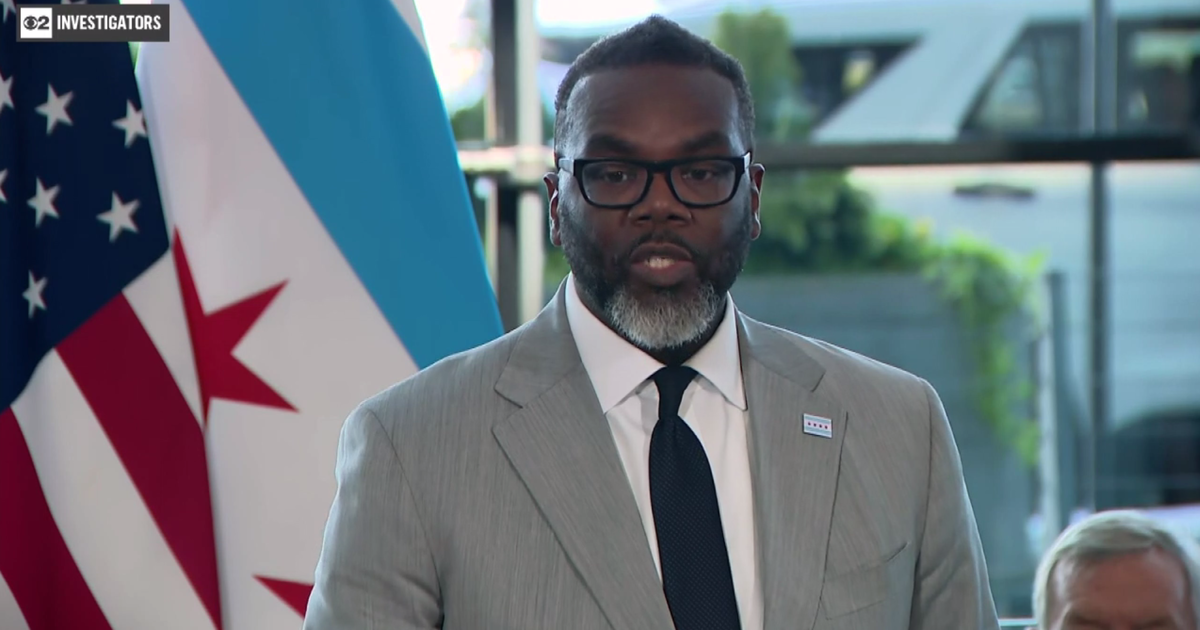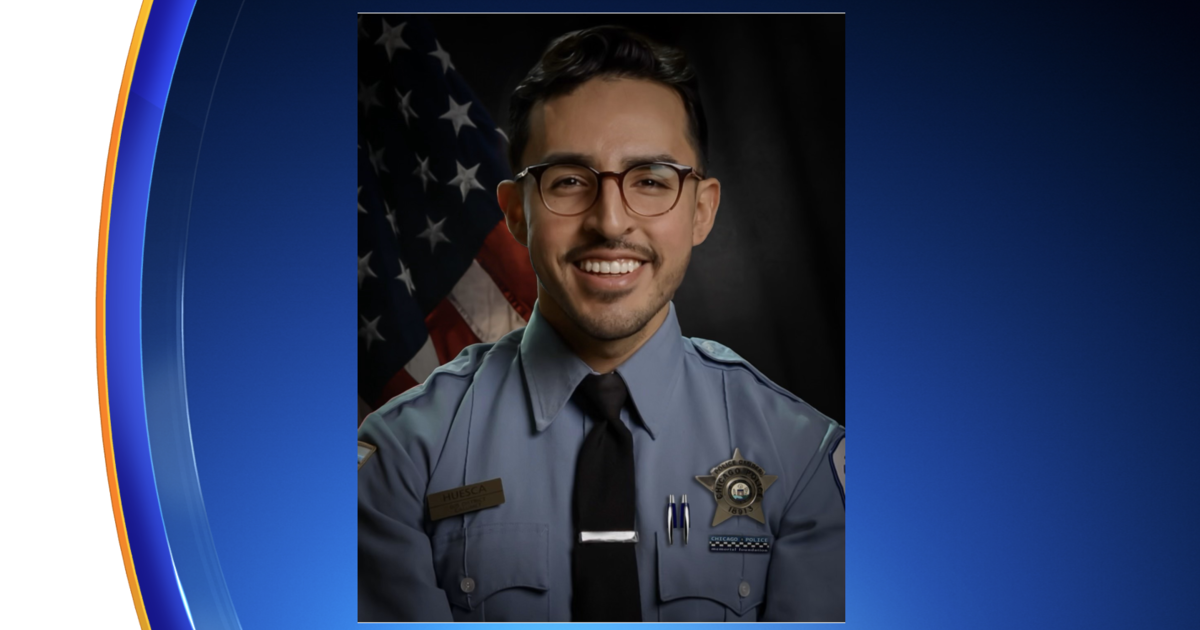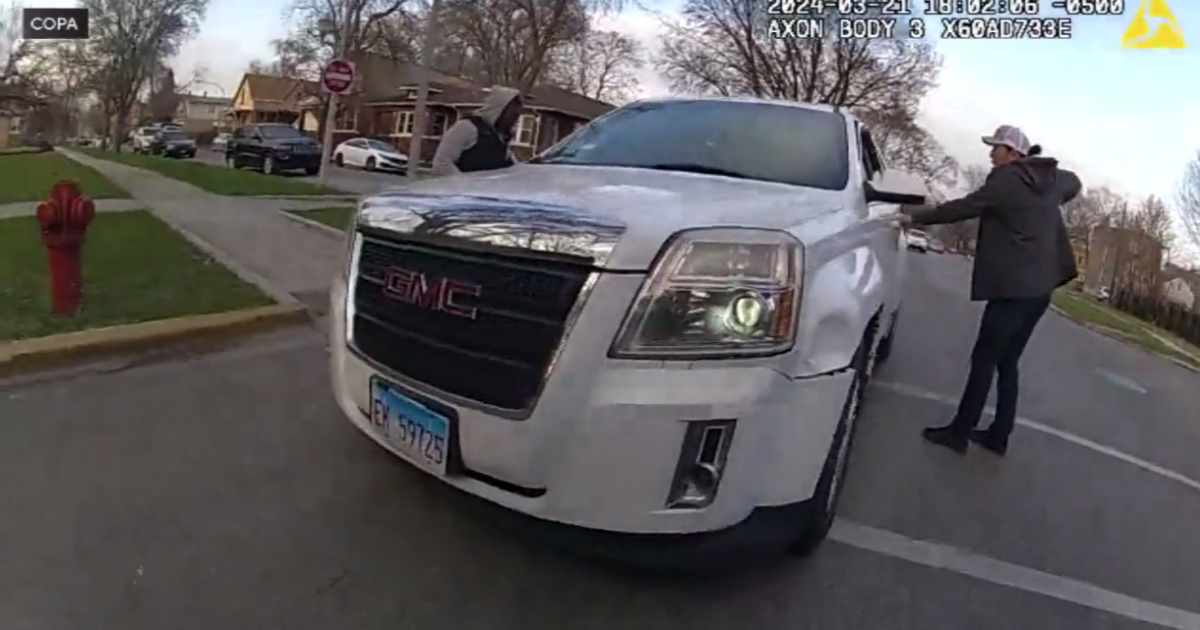How Chicago Police Mounted Patrol Trains Its Horses
CHICAGO (CBS) -- You'll often see them striding down Michigan Avenue and controlling large protests or concert crowds in Downtown Chicago. But what goes into training the horses in the Chicago Police Department's mounted patrol?
CBS 2's Suzanne Le Mignot talked with Officer Mike Clisham, who's been a trainer for nearly two decades. He says officer training is both physically and mentally grueling.
"We have a limited amount of time to take somebody with zero experience and 14 weeks later, they could be standing in a crowd with a million people," he told CBS2.
Out of a recent class of about 200 applicants, only four people graduated. Sgt. Buddy Lopez was one of them. Asked what's been the most rewarding part of the job, Lopez says, "Riding down Michigan Avenue on a horse."
Clisham says building the relationship between the officer and the horse their paired with is crucial to the city's mounted patrol.
"They can sense your fear. They can sense your timidness," he said.
Creating trust begins with everything from grooming to the physical cues an officer gives the horse through leg movements.
"You're not familiar with how to control it. You're just starting out, so it can be a pretty scary experience," Clisham said.
Clisham said what he loves the most about his job on the mounted patrol is the relationship that's created between human and horse.
"This is literally your work partner. His life depends on you and your life depends on him. You become very attached to your horse," he said. "It's a special bond."
Some of the horses are donated and some are former thoroughbred race horses. Others are purchased by the department. There are 30 horses in the CPD mounted patrol. All but one of them are named for officers killed in the line of duty. Clisham says that's a lasting tribute, a walking memorial of their service.



